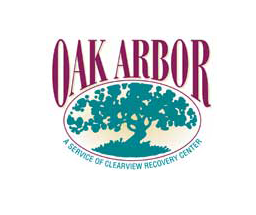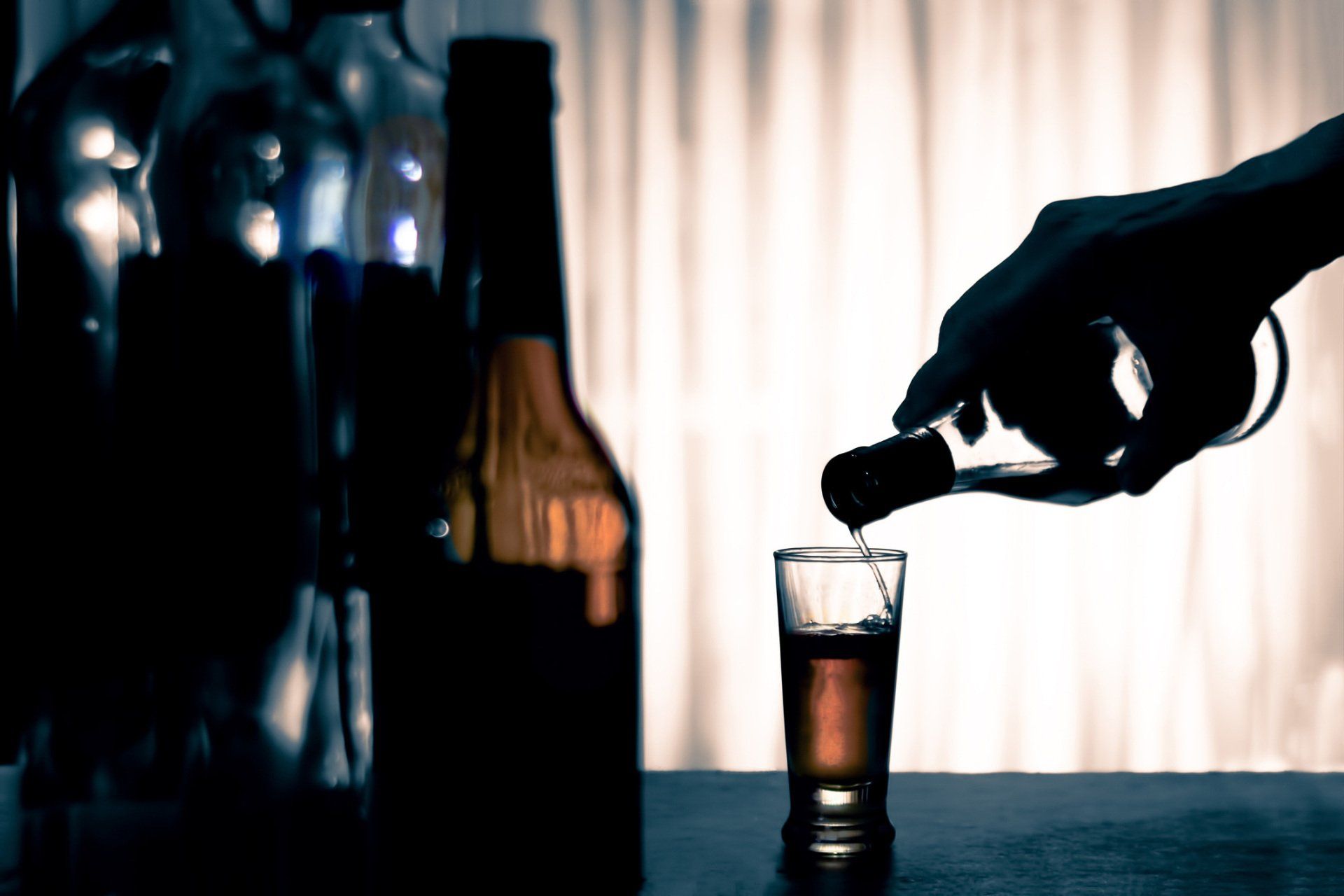How Anxiety Disorder Plays a Role in Addiction
- By Admin
- •
- 05 Feb, 2020
- •

It can be hard to understand why a loved one develops an addiction. However, certain mental health issues, like anxiety disorders, make some people more prone to addiction than others. People with an anxiety disorder may be addicted to things like benzodiazepines, alcohol, or cocaine.
If your loved one is struggling with addiction along with an anxiety disorder, learn how these struggles can sometimes go hand in hand and how you can help.
What Is Generalized Anxiety Disorder?
Generalized Anxiety Disorder (GAD) is a mental health disorder where an individual is plagued by excessive worry and fear, often making it difficult for them to function in everyday activities.
GAD can be caused by a combination of factors, such as
- A family history of anxiety disorders
- Traumatic events, such as the loss of a loved one
- An alteration in brain chemistry - especially regions of the brain that involve thinking and emotion
Besides causing your loved one excessive worry, GAD can cause symptoms such as
- Dizziness
- Headaches
- Insomnia
- Fatigue
- Sweating
- Restlessness
- Lack of concentration or unwanted thoughts
- Chest pain
- Nausea
- Hot flashes
It can sometimes be hard for people without GAD to understand what their loved one is going through. With GAD, there is no switch to turn off the anxiety; symptoms can be persistent. This disorder can make a person feel hopeless and helpless because symptoms can sometimes come without warning and without stress triggers.
How Does Anxiety Play a Role in Addiction?
Because people with GAD live in a constant state of worry, their relationships and professional and personal lives can suffer. Some people with GAD may look to self-medicate in an attempt to ease their symptoms. For instance, if a person has such intense anxiety that they dread socializing, they might develop an addiction to alcohol since it can temporarily affect mood.
Besides self-medicating, some people with GAD turn to an addictive substance to escape reality. They may be depressed at how their anxiety hinders their everyday life, so an addictive substance might be a welcome outlet to temporarily forget about how they feel.
How Can You Help a Loved One?
As you can see, because GAD can take such a heavy toll to someone's physical and mental health, they may be vulnerable to an addiction.
Besides being sympathetic to what your loved one feels, here are two other ways to help your loved one tackle an addiction.
Let Them Confide in You Without Judgment
People with GAD may feel like they don't have anyone in their court. They may feel ashamed of their anxiety and get very defensive if the topic is broached. It's important that you let your loved one share their struggles without any judgment on your part. Showing genuine concern can help your loved one feel safe and be more open to getting help with their addiction.
Look Into Different Addiction Treatment Centers Together
A person with GAD may be too anxious to visit a treatment facility for addictions alone. Show support to your loved one by visiting treatment facilities together.
A treatment facility can be vital for your loved one's recovery. For instance, some facilities offer therapy, like cognitive-behavioral therapy, which has been shown to be an effective treatment for anxiety disorders.
If your loved one hasn't been officially diagnosed with an anxiety disorder, then therapy can help your loved one narrow down whether they are suffering from GAD or another disorder, like PTSD, panic disorder, or OCD. By getting to the root of the problem, your loved one can learn techniques on how to manage their anxiety so that they don't have to turn to an addictive substance to find relief.
Besides therapy, these types of facilities often offer meetings based on AA's 12-step program and extended outpatient services so that you and your loved one can continue to receive support even after treatment is completed.
Contact us at Oak Arbor for more information on helping your loved one with an addiction.





